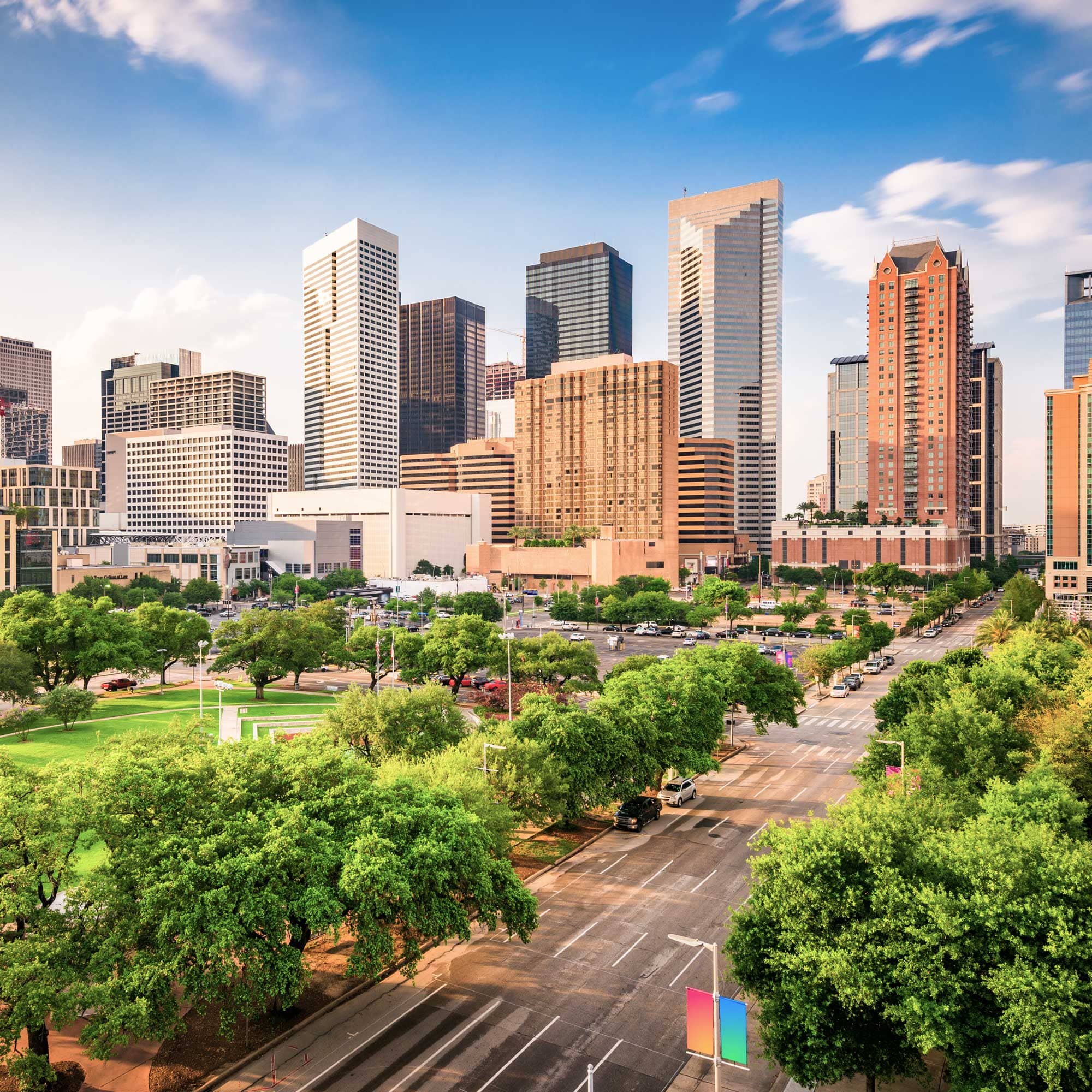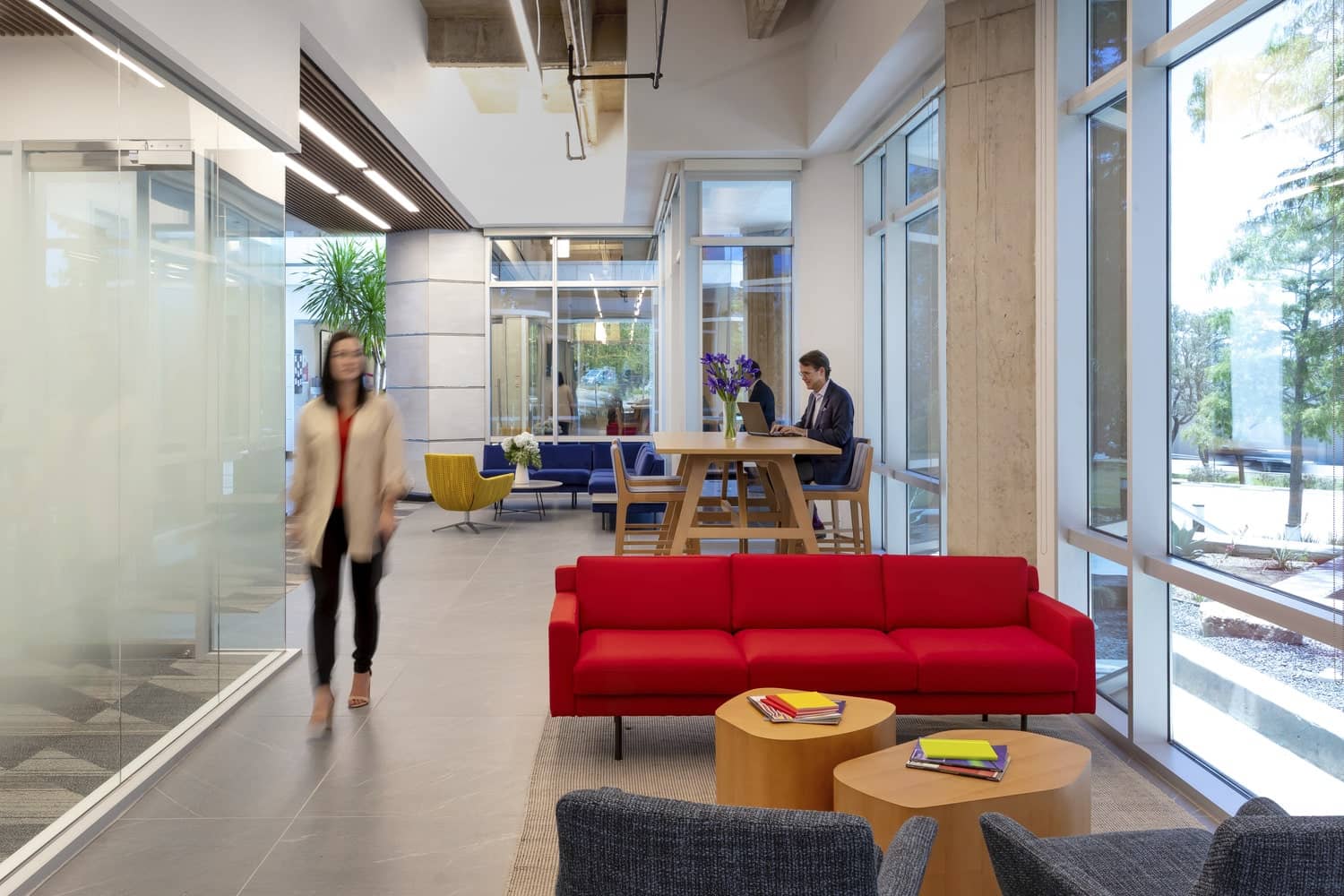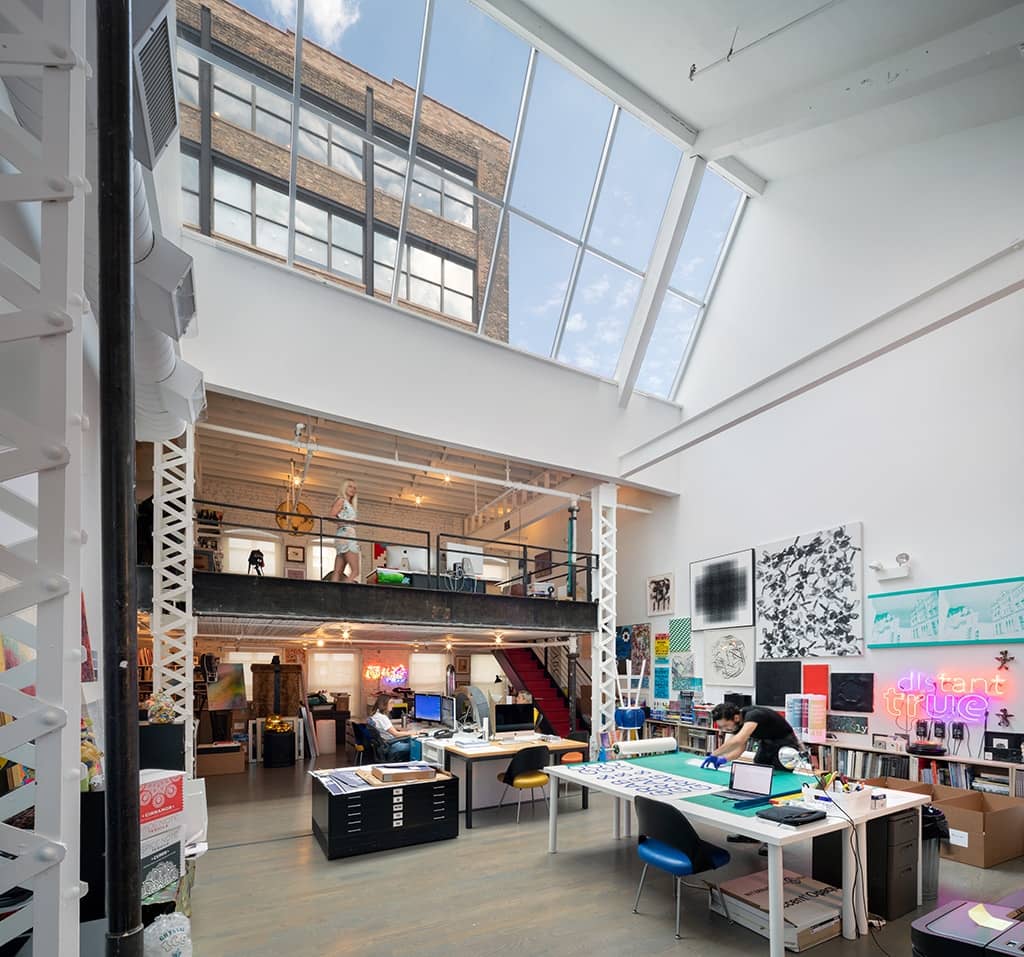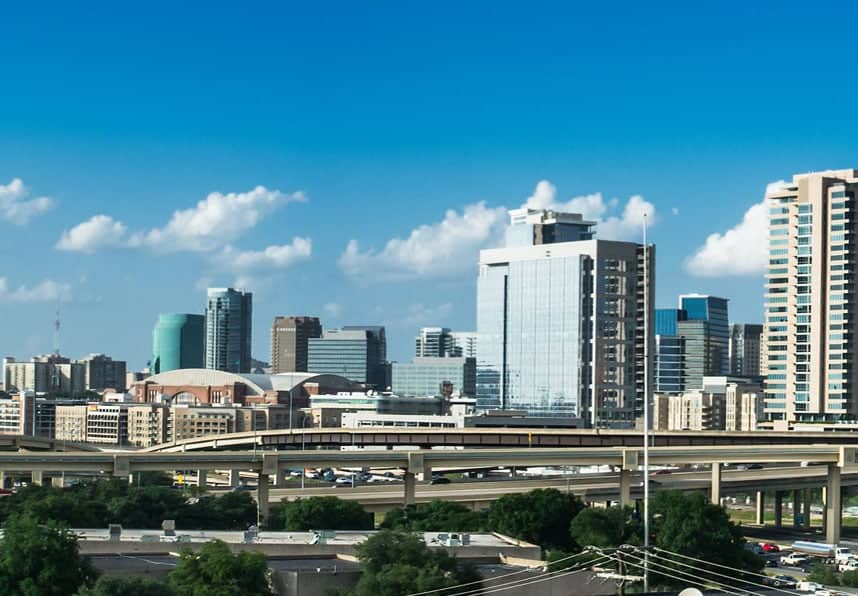“What we know is critical in being successful (on sustainability) is doing what companies know how to do well. Once you decide something is a priority, you set clear goals, allocate the resources, put a plan out in front of you — the math and the path, so to speak — and then you hold yourself accountable.”
— Mike Roman, CEO, 3M
Demand for sustainability continues to rise within the CRE industry, especially with the world’s increasing concern about climate change and COVID-19 reminding everyone how the natural world can drastically affect the global economy. Taking proactive measures to incorporate newly available technologies at the property level is a key step for CRE companies. KBS has always been an early adopter of these practices.’
Commercial Real Estate’s Impact on the Environment
Commercial real estate is of great environmental consequence to the world around us. Buildings currently contribute nearly 40 percent of carbon emissions globally, and almost half of U.S. energy consumption is associated with the built environment, according to Gensler’s Impact By Design 2020 report.
At the present rate, factoring in all new construction projected over the next 30 years, emissions from embodied carbon, that of building materials, will equal those from operations in 2050, Urban Land Institute’s (ULI) Sustainability Outlook 2021 asserted.
It’s clear that sustainability issues and challenges within the industry demand both action and foresight.
Doing well and doing good are now more than ever inextricably connected
The expectation for energy efficiency in CRE is well established, with larger tenants including sustainability in their business strategies. That means the reduction of emissions in both building and operations ¾ as well as increased interest in more sustainable and durable materials for waste reduction. Newer, more sustainable focuses include extending climate risk analysis beyond assets to the market or city levels, according to ULI and PwC’s 2021 “Emerging Trends in Real Estate” report. There’s also a growing awareness of the correlation between conserving water and safe water.
Millennials, who currently make up the largest generation in the labor force, are helping to drive Environmental, Social and Corporate Governance (ESG), corporate standards measuring the sustainability and societal impact of a business or investment. The majority of Millennials point to those factors as priorities.
With so many employees having shown the ability to work from anywhere now, employers must serve the total person, from safe facilities to health and wellness programs to attractive amenities that support talent recruitment and retention.
It also should not come as a surprise that a major focus for office post-pandemic is the airflow within buildings. KBS has implemented several measures within qualifying office buildings to help ensure cleaner air. First, it has upgraded air filters to MERV-13 to block 98% of pollutants from the air and capture viruses, bacteria, pollen, fine dust and more. KBS has also implemented UVDI recommended filtration for HVAC service to office amenity spaces, such as lobbies, fitness and conference centers, and coffee bars.
Sustainable Investment Focus
Smart money seeks investments that will perform over time. In order to increase tenant retention ratios, CRE companies need to incorporate property level operational efficiencies to improve their satisfaction. If a building operates with greater efficiencies there’s a higher probability it can lead to lower operational cost. However, strong, trusting relationships with tenants can be achieved when a firm demonstrates a caring connection to the environment, as well as the substantial health and social areas of concern on display in 2021 and beyond.
KBS has been at the forefront of green initiatives and energy efficiency ¾ the foundation of sustainability. The company has been consistently focused on reducing consumption while continuing to provide services that tenants expect. As of mid-2021, approximately 58 percent of KBS’ portfolio was LEED or ENERGY STAR-certified, initiatives recognized for reducing carbon emissions, energy and waste; conserving water; prioritizing safer materials and lowering our exposure to toxins.
In August 2021, KBS committed to the verification of more than 16 million square feet of Class A office space in its client portfolio to achieve the UL Verified Healthy Building Mark for Indoor Air. The enhanced level of sustainability obviously means greater operational efficiency, which may translate into expense reduction and higher occupancy. Verifications like these can also serve as ancillary amenities as tenants in the age of heightened environmental awareness and increased commitment to wellness seek to enhance branding and the emotional equity that personnel and customers develop in them.
The demand for sustainability in the CRE industry continues to expand, from building operations to investor criteria to ESG initiatives, as environmental impact becomes clearer and people-first principles come to the forefront. Companies like KBS are constantly striving to implement tools and advanced practices to stay competitive and relevant in the industry. Click here for more on sustainability and ESG, which shows that a company can do well while also doing good. And, learn more about Wellness Certifications here.




